Sneakers have become an essential fashion staple for women, offering unmatched comfort and style versatility. As the demand has surged, many brands have stepped up with innovative designs, materials, and technology to cater to diverse preferences and activities. From classic heritage brands that have mastered the art of merging form with function, to modern brands pioneering sustainable practices, there's a pair for every taste and need. Get ready to discover our curated list of the best sneaker brands for women below.
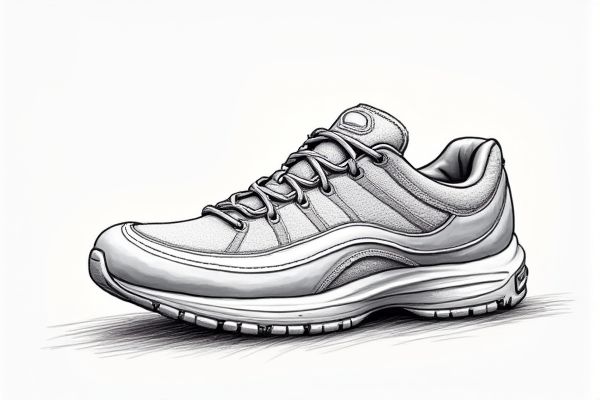
Illustration of sneakers for women
Best brands of sneakers for women in 2025
Nike
Nike is a leading producer of sneakers for women, anticipating a 40% boost in women's footwear and apparel sales from $5 billion to $7 billion over the next two years. The company's women's segment accounts for 32.6% of its end-user market as of 2022, with a significant presence in the athletic footwear market, holding 30% share in 2023. Nike's innovative products, such as those from the Nike+ Training Club and Nike+ Running App, which have been downloaded 16 million and 9 million times respectively, further solidify its market leadership. The brand's collaboration with designers like Pedro Lourenco enhances its appeal, blending performance with unique style. Nike's strong digital community of 65 million women also drives its momentum in the women's category.
Adidas
Adidas is a leading producer of sneakers for women, holding a significant 14.70% share of the global sneaker market as of 2021. In 2022, Adidas recorded its highest sales in footwear, with athletic shoes making up 55% of its net sales, and the company produced approximately 420 million pairs of shoes, including a wide range of sneakers catering to different sports and fashion preferences. The women's sneaker segment has seen substantial growth, with Adidas contributing to this trend through its high-quality and performance-driven designs. Adidas's global presence, with operations in over 150 countries, and its strong market share in regions like North America and Greater China, further solidify its position as a top sneaker brand for women. The company's commitment to innovation and accessibility has made its sneakers highly popular among female consumers.
New Balance
New Balance is a prominent player in the sneaker industry, particularly notable for its growing presence in the women's sneaker market. In 2022, the brand reported over $5 billion in revenue, with a 21% growth from the previous year, driven by expanding product lines and brand collaborations. The women's sneaker segment has seen significant growth, with revenues increasing by 11.5% from 2021 to 2022, marking New Balance as part of this trend. New Balance's favorability among U.S. adults has also increased, with 42% of U.S. adults favorable to the brand as of 2023. The brand's focus on athlete sponsorships and collaborations has significantly contributed to its rising popularity.
Puma
PUMA has established itself as a significant player in the women's sneaker market, increasing its women's user share to 48% by 2019, marking a 33.3% growth from 2017. The brand holds a 5.1% share in the global sneakers market and has seen consistent growth in its footwear revenue, reaching $4.6 billion in 2022. PUMA's global shoe market share has almost doubled from 0.63% in 2018 to 1.2% in 2022. The company's focus on innovation and collaboration with top athletes has contributed to its strong presence in the women's sneaker segment. With a projected growth, PUMA is expected to continue its upward trajectory in the footwear market. For more detailed insights, visit their PUMA shoes statistics page.
Reebok
Reebok, although facing recent market challenges, has historically been a significant player in the sneaker industry, including a strong presence in women's sneakers. In 2022, Reebok and PUMA reported that 36% of their consumers were women, indicating a substantial female customer base. Despite its current market share decline, Reebok was once among the highest-selling sneaker brands, holding a 10% market share in 2006. The women's sneaker market, which Reebok participates in, has seen significant growth, with revenues increasing by 11.5% from 2021 to 2022 and projected to reach $51.7 billion by 2032 with a CAGR of 6.7%. However, Reebok's current market share has dwindled to around 1% after its acquisition by Adidas.
ASICS
ASICS is a renowned brand in the sneaker industry, particularly notable for its high-quality sneakers designed for women. In 2022, ASICS generated $3 billion in footwear revenue, with a significant portion contributed by its women's sneaker segment. The company's women's sneakers are part of a broader market that saw a 11.5% increase in revenue from 2021 to 2022, reflecting the growing demand for women's athletic footwear. ASICS' commitment to innovation, such as the launch of the GEL-LYTE III CM 1.95 with low emissions, aligns with the increasing focus on sustainability in the industry. Despite a global market share of 0.79% in 2022, ASICS remains a preferred choice for many women due to its performance and comfort.
Skechers
Skechers has established itself as a leading brand for women's sneakers, with a significant 62% of its shoppers being women in 2021. The brand's women's segment accounted for 60.2% of its end-user share in 2023, and it is expected to remain women-dominated with a projected 60.2% women end-user share in the future. Skechers' revenue has seen substantial growth, with a 55.8% increase from $5.3 billion in 2019 to $8.1 billion in 2023. The company's focus on comfort, style, and affordability has made it a favorite among women, contributing to its strong market presence. Skechers aims to reach $10 billion in sales by 2026, reflecting its robust growth trajectory. For more detailed statistics about Skechers' performance, visit Skechers Shoes Statistics.
Converse
Converse, a renowned brand owned by Nike, has established itself as a significant player in the women's sneaker market. In 2024, Converse generated approximately $2 billion in global revenue, contributing to its stature as one of the more popular sneaker brands. The brand's iconic All Star sneakers, introduced in the 1920s, have become a staple in street culture and fashion. Converse's products are designed to support the dynamic lifestyle of women, reflecting the brand's commitment to innovation and style. With its rich history and continuous evolution, Converse remains a favorite among women who value both comfort and fashion. For more details, visit their official website.
Under Armour
Under Armour has emerged as a leading producer of sneakers for women, driven by its strategic focus on the female market. The company's apparel sales, which account for 66.5% of its worldwide revenue, have been particularly strong, with women's sports apparel being a key growth area. In 2024, Under Armour surpassed Adidas to become the second-largest sports brand in the U.S., with apparel sales expanding to more than twice that of Adidas. Under Armour's commitment to women's sports is highlighted by its $15 million ad campaign featuring Brazilian supermodel Gisele Bundchen and other prominent female athletes. This focus has helped Under Armour gain significant market share, especially in athletic specialty and sporting goods retailers.
Vans
Vans is a prominent player in the sneaker market, particularly for women, with 19.1% of its shoe models dedicated to women's footwear. In 2021, Vans held a 6.1% share of the entire US footwear market, and its global sneaker market share was around 7%. The brand has seen significant growth, especially since its acquisition by VF Corporation in 2004, when its US market share was just 3.1%. Vans' women's sneaker segment benefits from the brand's innovative designs and collaborations, contributing to the overall growth of the women's sneaker market, which has more than doubled since 2016. With an average price of $72 per shoe in 2023, Vans offers a blend of style and affordability. For more insights into Vans' journey and market position, you can explore their official site.










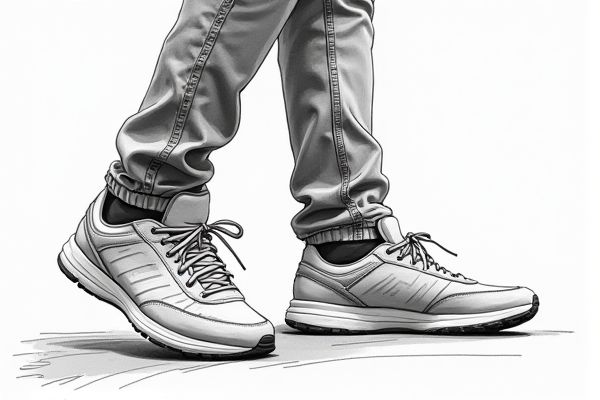
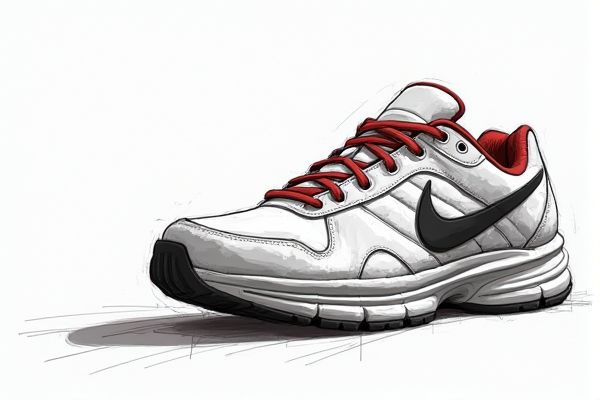
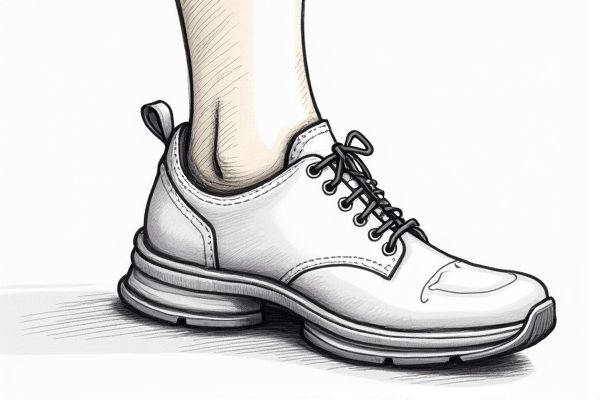
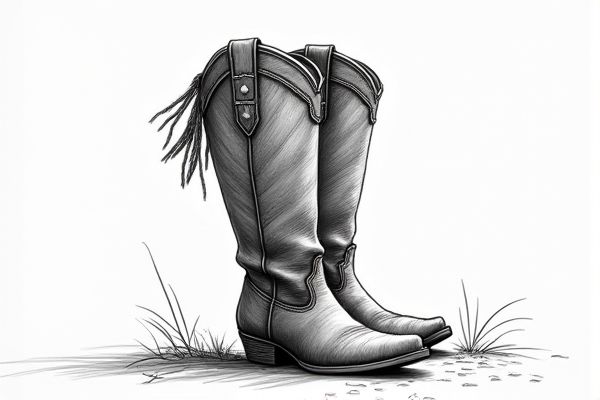


Leave a Reply
Your email address will not be published.